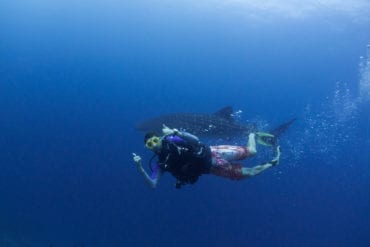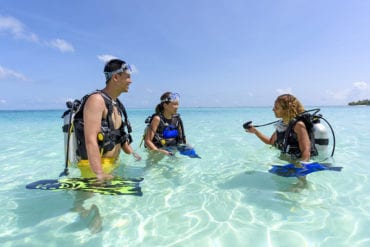To receive our best monthly deals
Subscribe & Get $50 Store Voucher
Popular Travel Blog

June 8, 2025
10 Useful Tips You Should Know Before Your Diving Holiday In The Maldives
The Maldives is an amazing place to dive. It’s filled with abundant plant and marine life with everything from plankton to whale sharks, from coral to eels, and everything in between. But, like all places, it pays to know the ins and outs before you go booking your trip. From the outside looking in, it’s … Continue reading “10 Useful Tips You Should Know Before Your Diving Holiday In The Maldives”
Read more
June 8, 2025
What You Can Do In The Maldives In Your Honeymoon
The Maldives is a perfect Honeymoon getaway. White sand. Crystal clear water. Utter tranquility. A romantic paradise. And, here are our top tips to make sure your Maldivian Honeymoon is as amazing as it possible can be. 1. Snorkeling Snorkeling is one of the best ways to experience the Maldivian reefs and wildlife. Every resort … Continue reading “What You Can Do In The Maldives In Your Honeymoon”
Read more